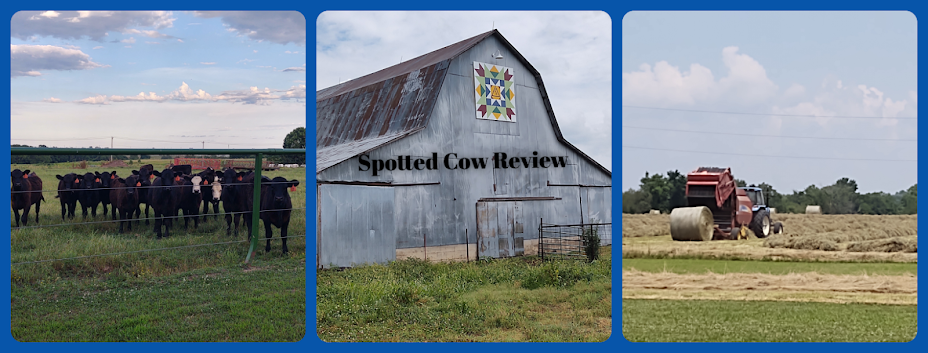It's a fact--if you have cows, you have manure.
Recycling cow manure is an important part of our dairy farming operation.
Hauling manure doesn't happen every day but it's on the weekly
to do list. In between hauling events, the manure that our cows
produce is stored in a large concrete pit by the dairy barn or in the
dry stacking area in the feed barn.
All of our storage areas meet the requirements of the
Arkansas Department of Environmental Quality.
Nutrient management plans are designed specifically for our farm by
engineers and technicians. The plans guide the amount,source,
placement and timing of manure to fertilize the soil and
improve the water holding capacity for crop fields and pastures.
Storing and hauling manure is all about protecting the environment
for our cows, our farm, our family and our neighbors and is important
to the sustainability of our farm.





.jpg)



.jpg)




